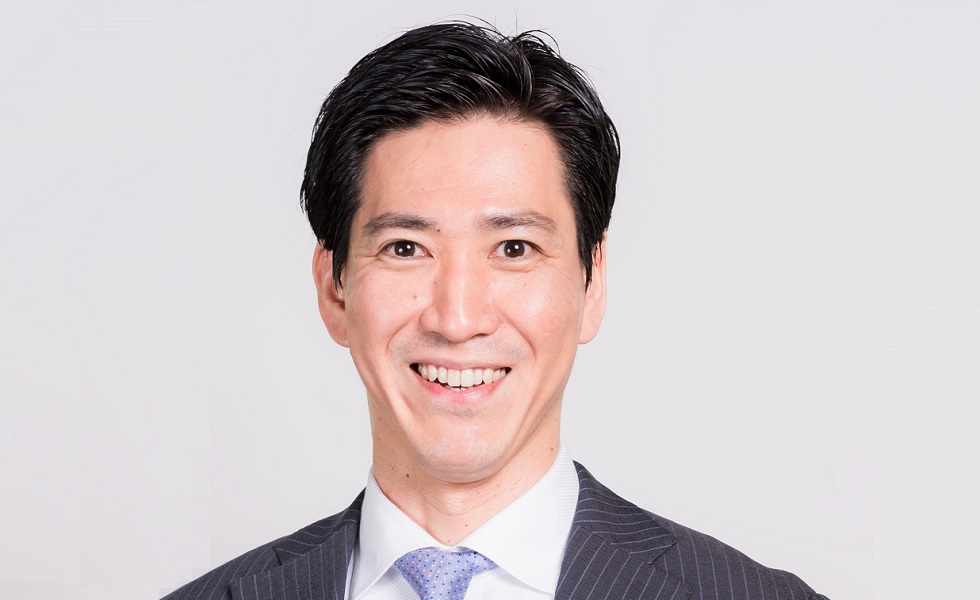Nikko Asset Management: Hidden value is now being unlocked in Japan

By Junichi Takayama, Japan Equity Investment Director at Nikko Asset Management
This article is inspired by a new investment guide by Nikko Asset Management about unlocking the hidden value in Japan (read here).
As most of the developed world struggles with rising inflation and low growth, value stocks that had been out of favour for over a decade have helped investors weather the storms of 2022. Now that the divergence in returns between growth stocks and their value counterparts has become too extreme, a period of mean-reversion is the most likely consequence. This presents a long-term opportunity for value-driven investments.
Nowhere is this reversal more notable than in Japan, a country which itself has been out of favour in investment terms for considerably longer. It seems almost inexplicable to suggest that Japan, the world’s third-largest economy with inflation at a relatively modest 2.5%, continues to be overlooked and under-researched by global investors, although this is clearly very much the case. Therefore, should investors consider the regime change from growth to value as an opportunity to re-evaluate Japan? To answer this, investors should start by comparing the Japan of today with the Japan of the past.
Japan: No longer the ‘value trap’ of past generations
Japan’s stock market boom ended abruptly in the late 1980s, as Japan’s economic bubble burst. In 1988, the Nikkei 225 was trading at a price-to-earnings ratio of 63x, with many of its constituents heavily overvalued and artificially supported by cross-shareholdings. As Japanese equities fell from their over-exuberant valuations, Japan experienced two consecutive ‘lost decades’ with investor interest fading. But a decade of corporate reform, including the recent realignment of the Tokyo Stock Exchange, has curbed corporate complacency and improved competitiveness markedly.
As a result, Japanese equities are much healthier today than during the bubble era. At the end of March 2022, the Nikkei’s forward price-to-earnings ratio stood at a healthy 14x. Moreover, its price to-book ratio is now just 1.3x compared to the 5x reached in 1988. Similarly, whereas income investors historically found few reasons to look towards Japan, the country’s dividend culture has evolved considerably. In 1988 (when overseas investment in Japan was arguably at its peak), the Nikkei’s dividend yield was a relatively paltry 0.46%. Fast-forward to 2022, and the Nikkei’s dividend yield has risen to a much more income investor-friendly 2.45%.
Capturing hidden value opportunities
The question for global investors now is this: if Japan now presents a significant investment opportunity, how can investment managers best capture it? When it comes to Japanese companies and industries, context is key. Having a deep understanding of Japanese companies provides insights that can help determine why the company is trading at a low valuation, within a broader context, the quality of the company’s management, as well as its balance sheet strength, and also any non-financial information not yet priced-in by the market, but indicative of future earnings and cash flow generation. All of these and more can offer signals for a potential catalyst leading to positive change.
Catalysts can be either supply-side, such as corporate restructuring or management reshuffles or demand-side, through the launch of new products and services. The process can include seeking companies whose management and employees share a sense of crisis that propels them to implement the changes needed to unlock value. This requires a patient approach, since such structural changes often take time to manifest. A value-driven investment team may research a company for three to five years before making an investment, but when the investment is made, it will be held for a similar (if not longer) period.
However, to access information beyond financial statements, sell-side research, and local news flow, an on-the-ground presence can deliver invaluable insights that help put into context the idiosyncratic risks of individual companies and sectors. It is important for investment managers to meet not just with senior management, but with employees throughout the organisation, from product developers to factory floor workers. Not only can this help deepen the understanding of the company, including opportunities and risks, it can also strengthen the relationship with senior management, introducing insights and observations that can be used to inform, educate and change the company from within.
Relationship building to unlock hidden value
One of the fundamental advantages of a value-driven approach to Japanese equities is that it complements the new corporate environment being built in Japan. Trust remains a highly valued currency in Japan, and at its core, value investing aims to develop and maintain deep and lasting relationships with companies – across all levels of its corporate structure – to build high conviction positions. Although the relationship between Japanese companies and shareholders has become more demanding (and more contentious) at times, the relationships that these companies foster with investment managers can be more constructive, with the investment managers occupying fertile middle ground between the company and other shareholders.
Most global equity managers have a structural underweight to Japan, and are still quick to dismiss it as characterised by slow growth and lowly returns. To combat this perception, investment in today’s Japan must begin with ensuring value traps are avoided, and by creating the environment wherein true long-term value can be discovered. To be successful, a combination of ‘horizontal’ and ‘vertical’ research should be employed.
The long-awaited turnaround in Japanese equities is still in its early stages, but momentum is building. As structural changes encouraging better corporate governance and increased shareholder engagement continue, Japanese companies will continue to experience catalysts that unlock hidden value. In this type of market, applying a value-oriented investment approach can be extremely effective in delivering stable, long-term returns, especially when compared to a momentum-led approach.
To learn more about unlocking Japan’s hidden value, read the Nikko AM investment guide here.
SUMMARY
- The Japanese equity market is in a much healthier state compared to 30 years ago, and enjoys a more competitive environment that increases the potential of value catalysts.
- Moreover, the rebound in long-overlooked value stocks has also just begun, with the cycle at the early stages of its value-supportive phase.
- We expect global investors to reconsider their stance on Japan and start increasing allocations. A combination of active engagement alongside deep horizontal and vertical research can help to mitigate risks, avoid value traps and unlock hidden value others miss.




